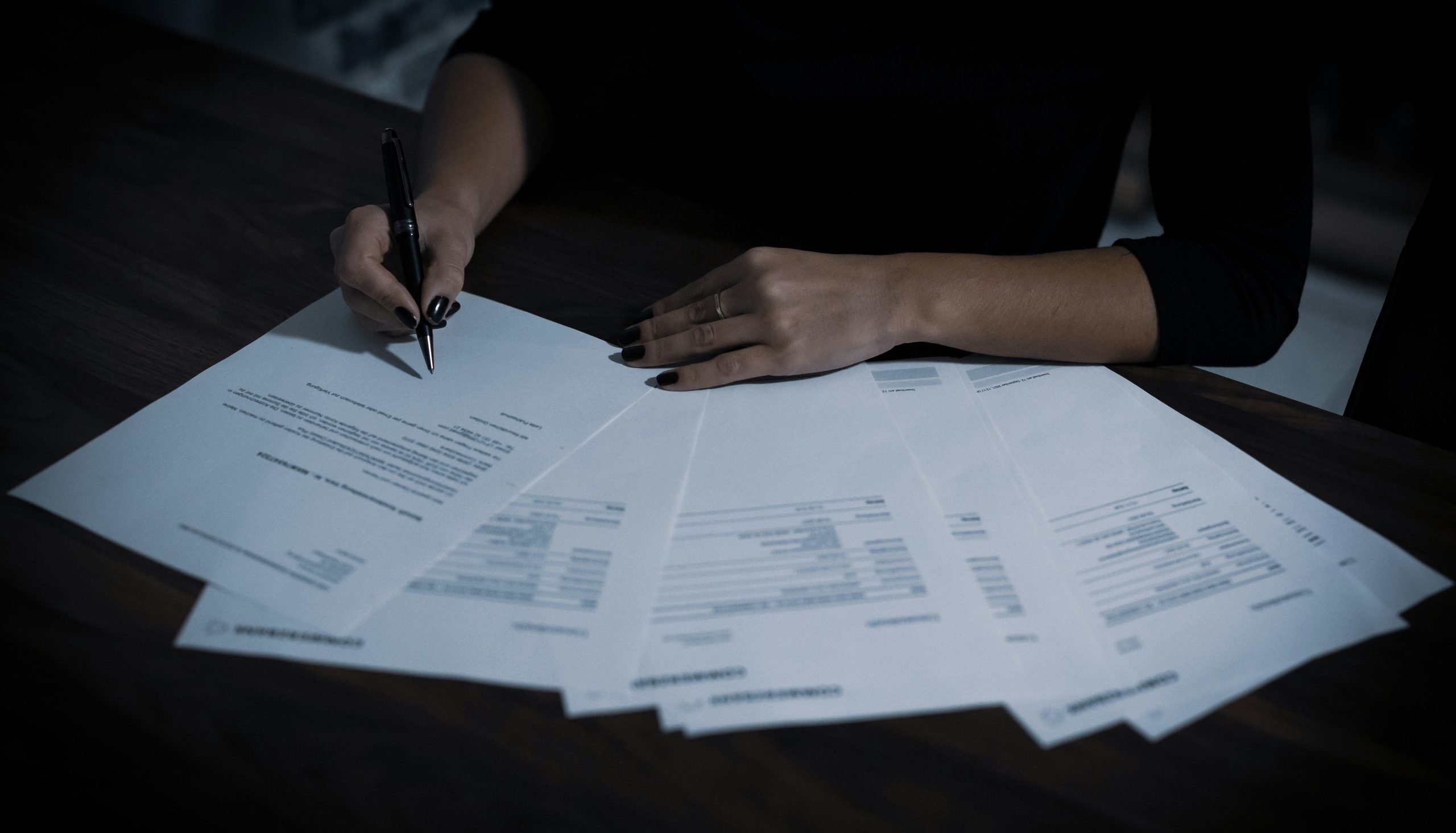-
What it is: This is the lender’s charge for processing, underwriting, and funding your mortgage.
-
Cost: Usually 0.5% to 1% of the loan amount. For a $300,000 mortgage, that’s $1,500–$3,000.
-
Details: Some lenders bundle this into a flat fee, while others itemize underwriting, application, or document prep costs. It’s negotiable—shop around or ask if the lender can lower it, especially if you have strong credit.
-
What it is: A professional appraiser assesses the home’s market value to ensure it’s worth the loan amount.
-
Cost: $300–$500 for a standard single-family home; higher for larger or unique properties (e.g., $700+).
-
Details: Required by lenders, this protects them from over-lending. If the appraisal comes in low, it could delay closing or require renegotiation. You pay this upfront, even if the deal falls through.
-
What it is: A policy that protects you (and the lender) from legal claims against the property’s ownership—like liens or disputes from past owners.
-
Cost: Varies by state and home price, typically $500–$2,000+. For a $300,000 home, expect around $1,000–$1,500.
-
Details: There are two types:
-
Lender’s Title Insurance: Mandatory, covers the lender’s risk (most of the cost).
-
Owner’s Title Insurance: Optional but recommended, protects your equity (sometimes bundled together).
-
Rates are often regulated by states, and the fee is a one-time payment at closin
4. Title Search-
What it is: A review of public records to confirm the seller legally owns the property and there are no outstanding liens or judgments.
-
Cost: $200–$400, depending on complexity and location.
-
Details: Conducted by a title company or attorney. If issues (like an unpaid tax lien) are found, they must be resolved before closing, which could delay things or add costs.
5. Escrow Fees-
What it is: Charges from the escrow or settlement agent who handles the secure transfer of funds and documents between buyer, seller, and lender.
-
Cost: $300–$800, often split between buyer and seller (varies by local custom).
-
Details: Think of this as the “middleman fee.” It might include a base fee plus extras for wire transfers or notarization
6. Recording Fees-
What it is: The cost to register the new deed and mortgage with your local government (e.g., county recorder’s office).
-
Cost: $100–$200, depending on the jurisdiction and number of pages filed.
-
Details: This makes your ownership official in public records. Some areas charge per page, so a complex transaction might cost more.
-
-
-


 Facebook
Facebook
 X
X
 Pinterest
Pinterest
 Copy Link
Copy Link
